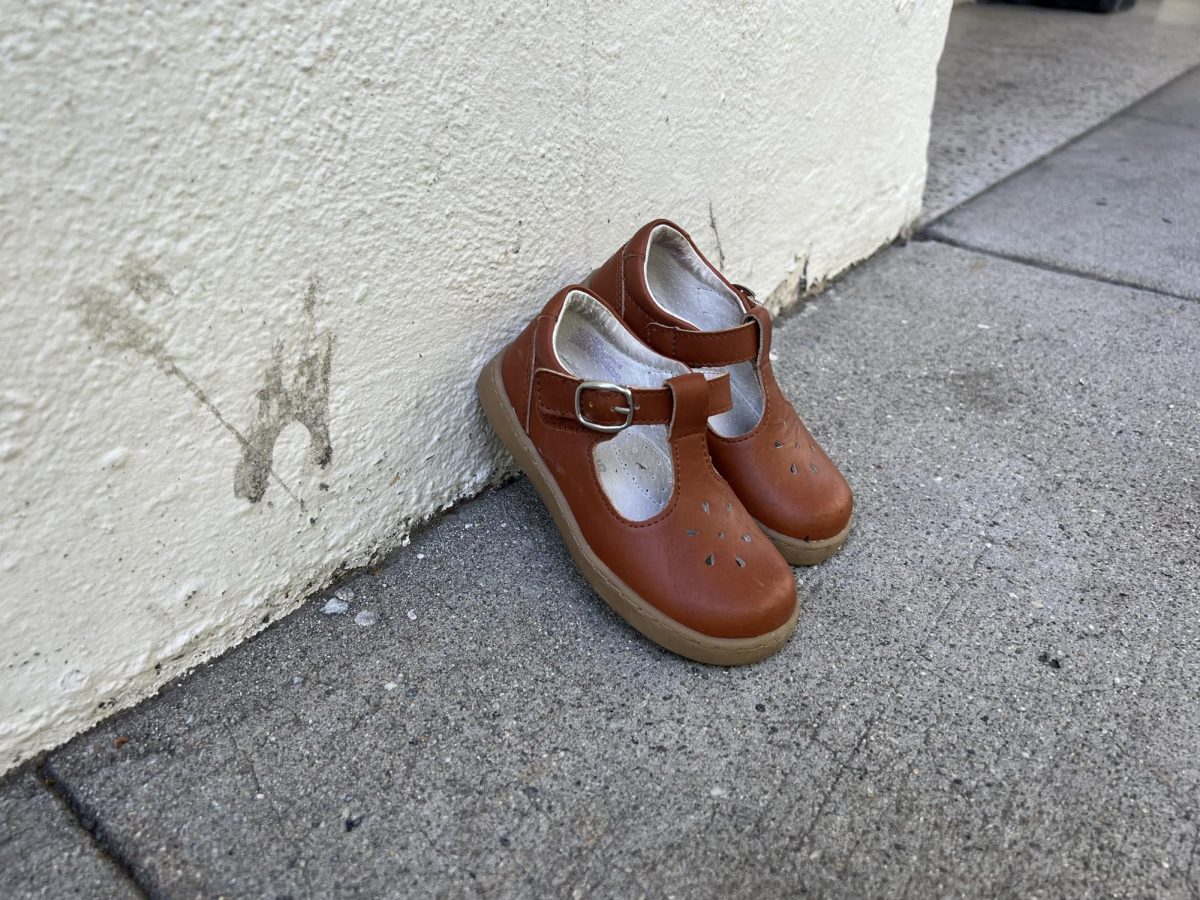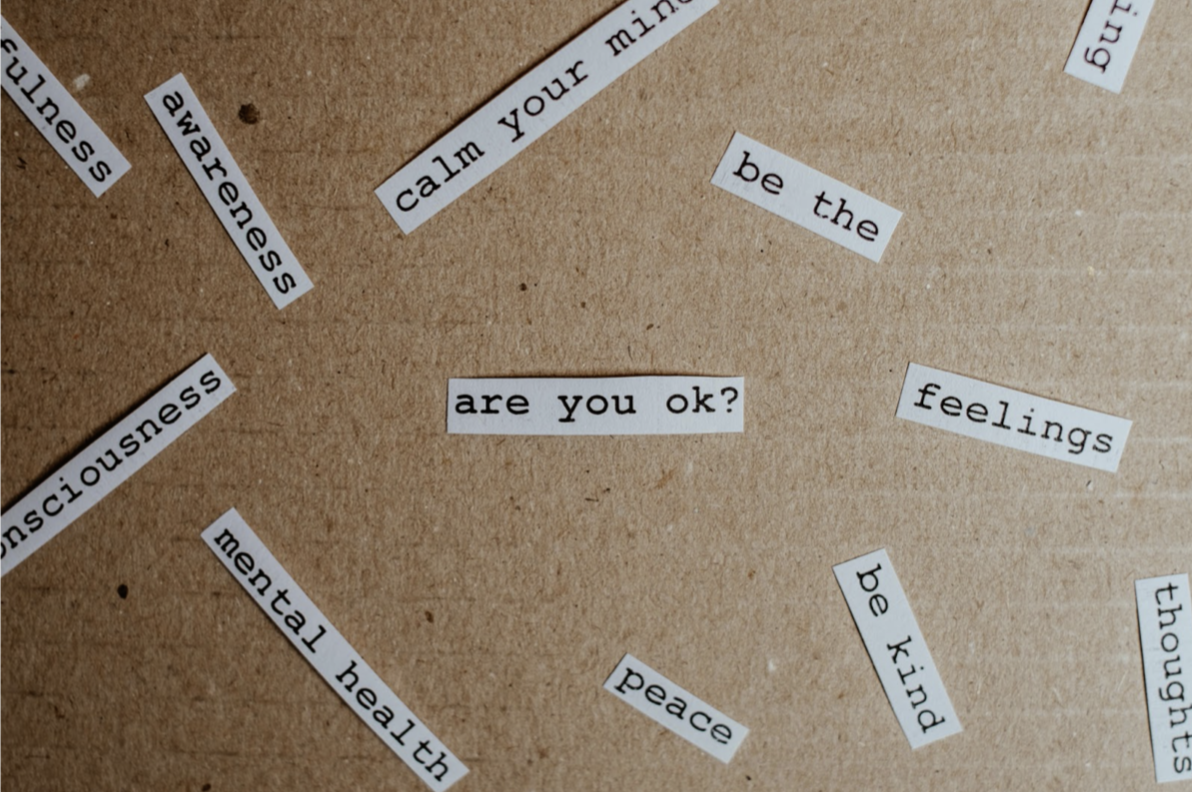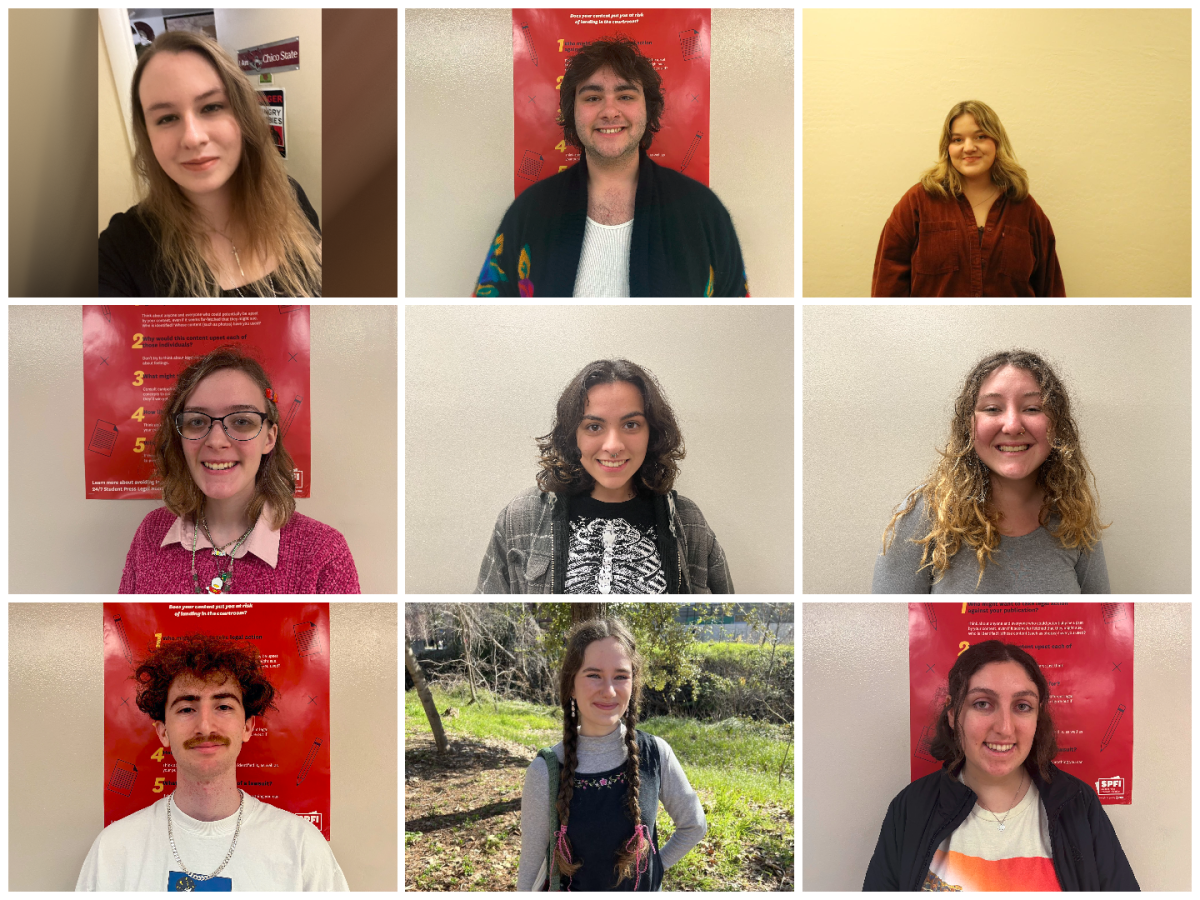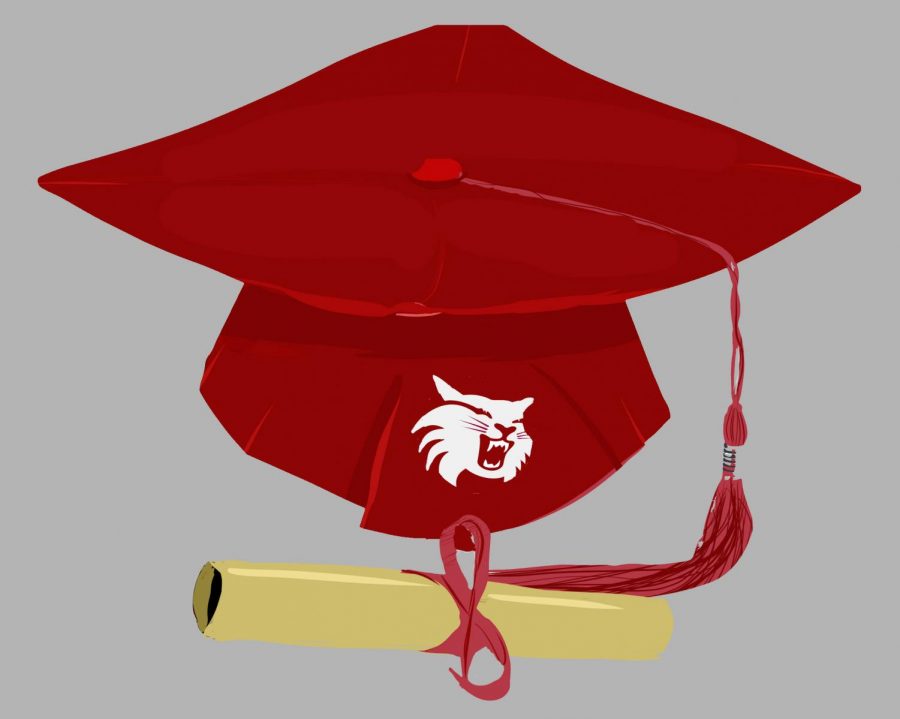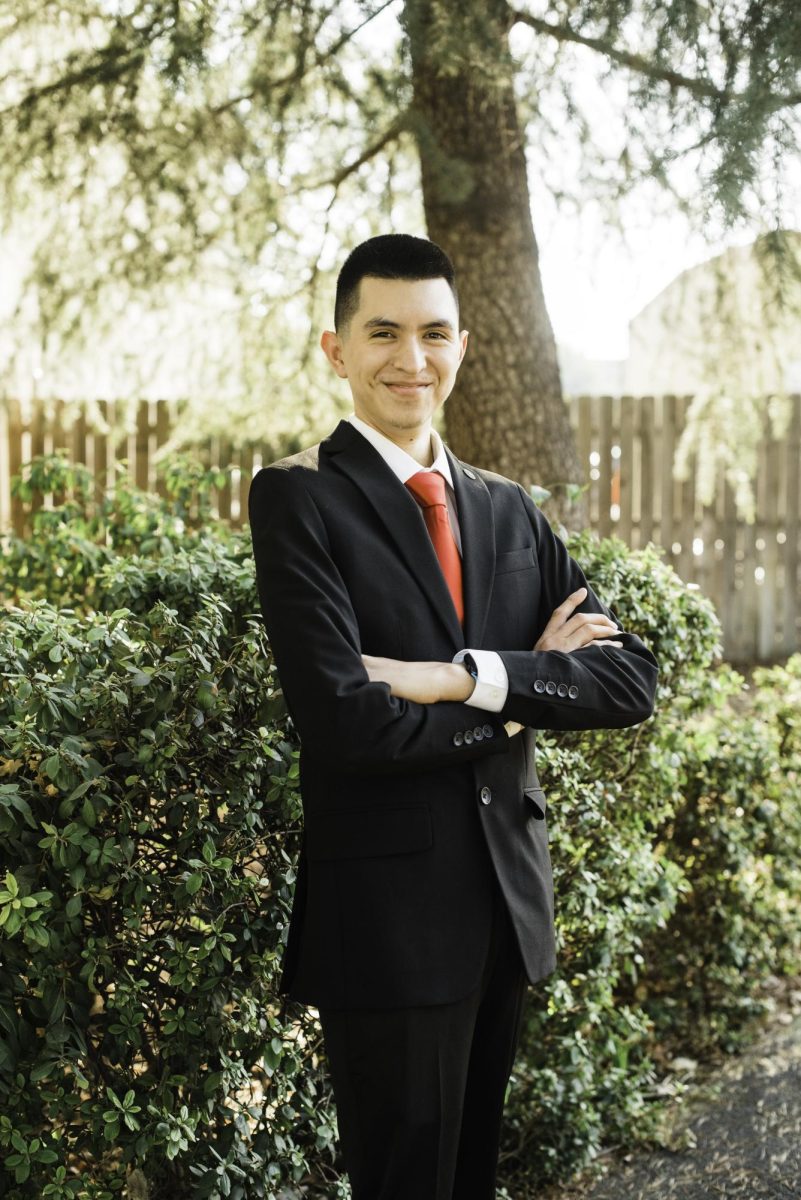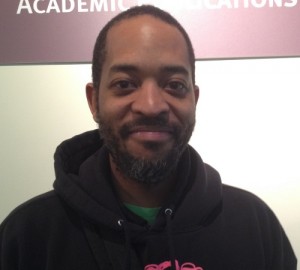
Students are challenging racism during Black History Month.
Juni Banerjee-Stevens, a counselor at the Counseling and Wellness Center, led the discussion, “Oh No You Didn’t: How and When to Challenge Racism” on Wednesday at the Cross-Cultural Leadership Center in an effort to get students to speak up.
Banerjee-Stevens identifies as a second-generation South Asian woman. Her parents were born in India and immigrated to this country in the ‘60s. She was born in Lincoln, Neb.
Both of her parents were professionals and enjoyed very successful careers, so Banerjee-Stevens enjoyed a lot of privileges and opportunities as an upper-middle-class American, she said.
“I’m very interested in how issues of race, gender and cultural identity affect one’s mental well-being,” she said. “I know I struggled to understand how my Indian and American identities intersected, and it has taken me a long time to understand how being different — for example, not white — has impacted me.”
Microaggressions, comments that are usually unintentionally hurtful, have made Banerjee-Stevens ashamed or embarrassed of her ethnic heritage in the past, she said. She has heard comments like, “You speak English so well,” and, “Can you do the accent, like Apu from ‘The Simpsons’?” throughout her life.
“It’s easy to dismiss these comments, but eventually they leave me feeling like I don’t quite belong to this American club,” she said.
Some people believe that Black History Month, or any event that celebrates a specific ethnic heritage, detracts from the idea that Americans shouldn’t focus on their differences, Banerjee-Stevens said.
“When we discount the importance of Black History Month, we are essentially telling many Americans that their stories are not worth hearing,” she said. “We can’t heal if we’re not willing to listen.”
Event attendees agreed that people should speak up and share their stories.
“It gives voice to things we sometimes shy away from,” said Sadie LaBriere, the wellness outreach coordinator for the Campus Alcohol and Drug Education Center. “That’s how we make a change.”
LaBriere also works with UMatter, a program focused on raising awareness about emotional and physical self-care.
Other attendees were disappointed by the small amount of people at the event and hope more students will become a part of the dialogue this month.
“This day and age, communication is facilitated through a device and it’s important, celebrating history,” said Mazi Noble, Chico State alumnus and editor of the university catalog. “Take a moment to stop, unplug and think about a time when we weren’t digitally connected but connected through humanity,”
Knowing about Black History Month is as important as knowing about the president, he said.
Most people who attend the event seem to acknowledge how privilege and discrimination negatively impact people of color, Banerjee-Stevens said. However, most aren’t prepared to engage in conflict with someone who says or does something intolerant.
“Knowing how to talk about these topics allows us to open our minds to new ideas and experiences,” she said. “That’s what education is all about.”
Amanda Hovik can be reached at [email protected] or @AmandaHovik on Twitter.








